The Libyan Civil War
Select...
SITUATION REPORTS
Libya: Electoral Commission Proposes One-Month Election Delay
Dec 22, 2021 | 15:47 GMT
UAE, Turkey: Abu Dhabi Crown Prince Visits Turkish President in Ankara
Nov 24, 2021 | 16:11 GMT
Libya: Son of Deposed Ruler Registers for Presidential Election
Nov 15, 2021 | 21:58 GMT
Libya: Mercenaries Tried to Block Government Delegation From Sirte
Apr 30, 2021 | 20:07 GMT
Libya: Country Forms Transitional Government Ahead of Planned Elections
Feb 5, 2021 | 18:52 GMT
Libya: Rivals Agree to Hold Elections in 18 months
Nov 12, 2020 | 19:22 GMT
Libya: U.N. Negotiations Yield Peace Agreement
Oct 23, 2020 | 21:28 GMT
Libya: Government Seizes Tripoli International Airport From Rebel Forces
Jun 4, 2020 | 18:49 GMT
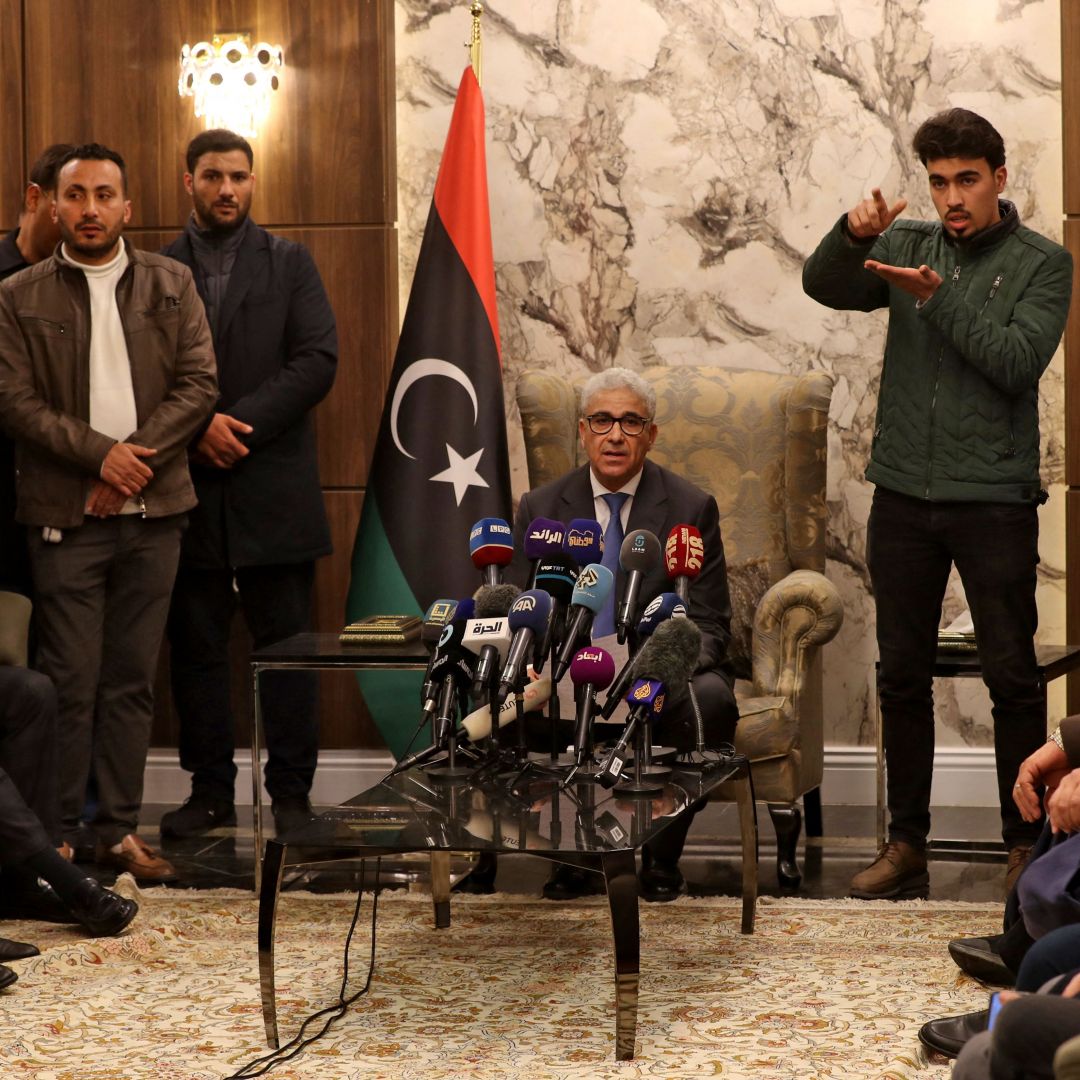
AssessmentsMar 4, 2022
The Risks of Libya’s Return to Two Governments
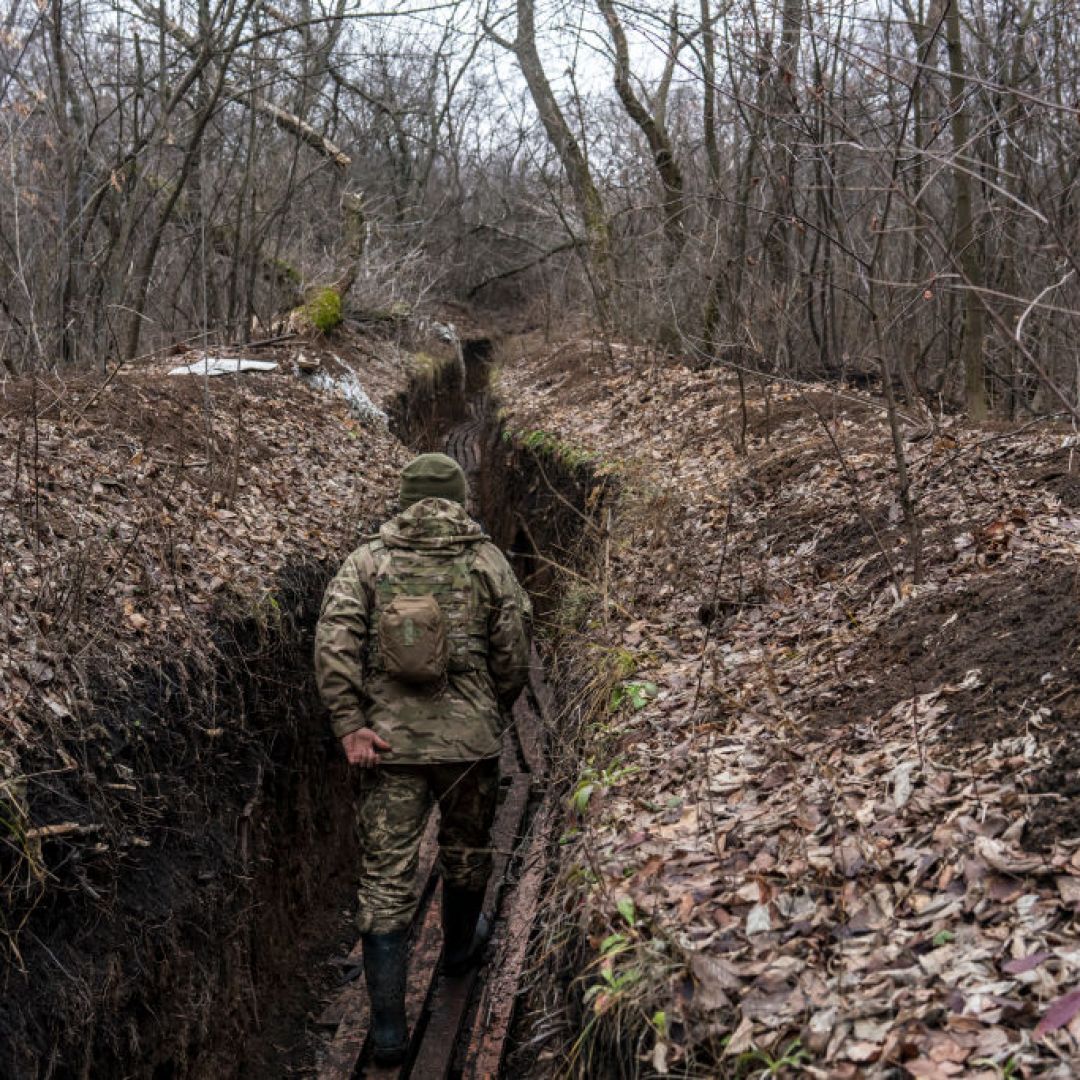
GuidanceFeb 19, 2022
The Weekly Rundown: Russia-Ukraine Tensions Soar Even Higher, a Possible U.S.-Iran Nuclear Breakthrough
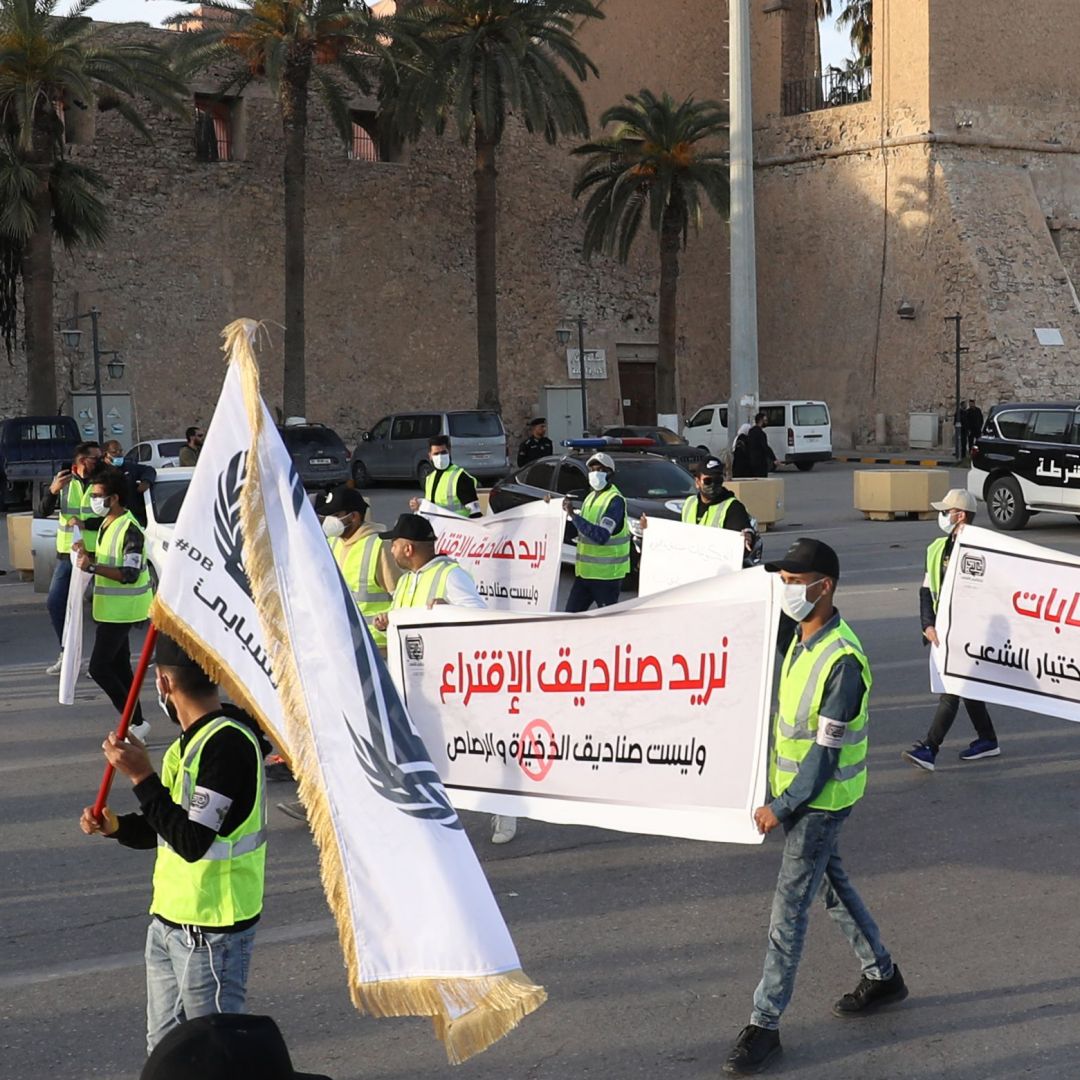
AssessmentsDec 28, 2021
A Delayed Vote Reflects the Scars of Libya’s Civil War
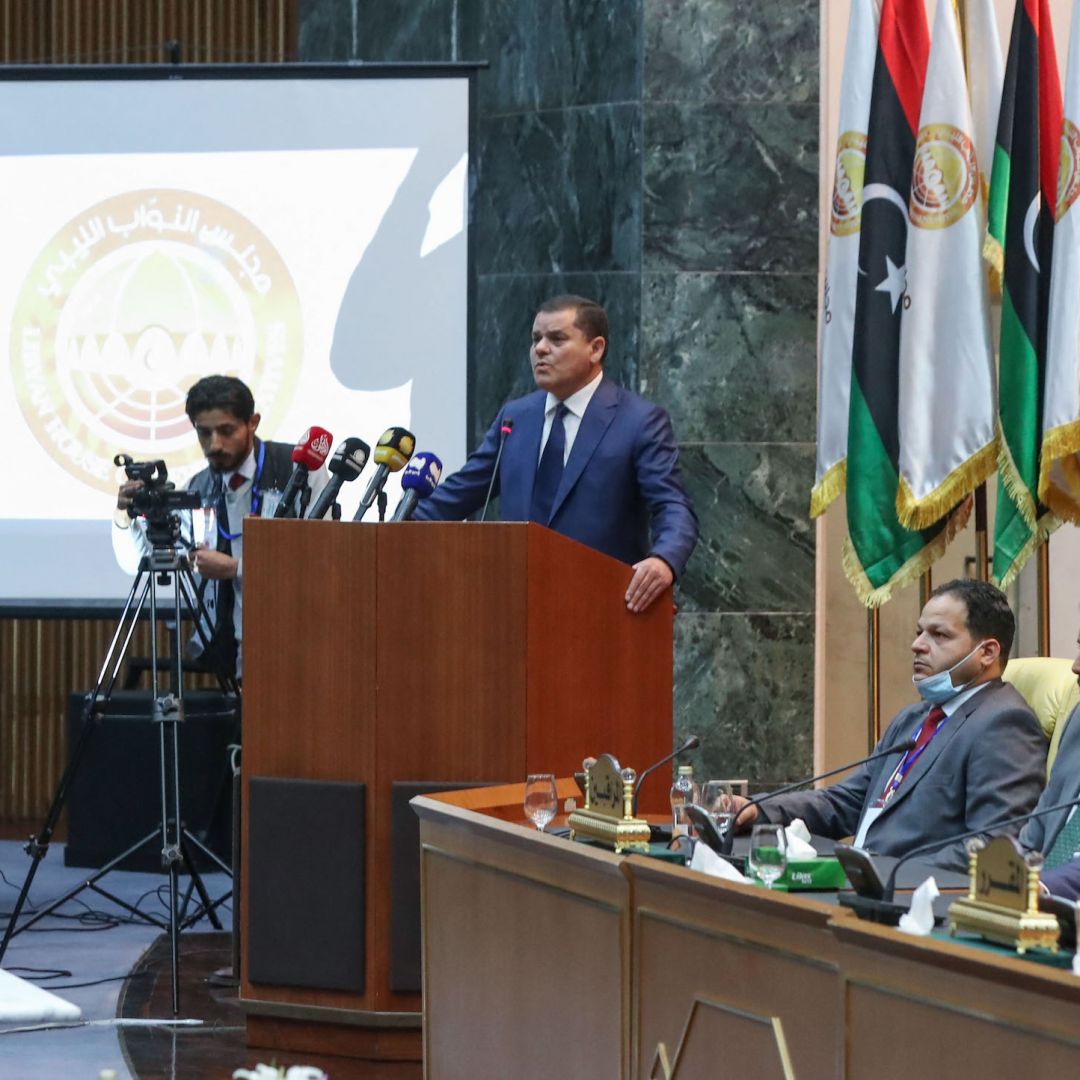
AssessmentsMar 11, 2021
Libya's New Government of National Unity Will Struggle to Unify the Country
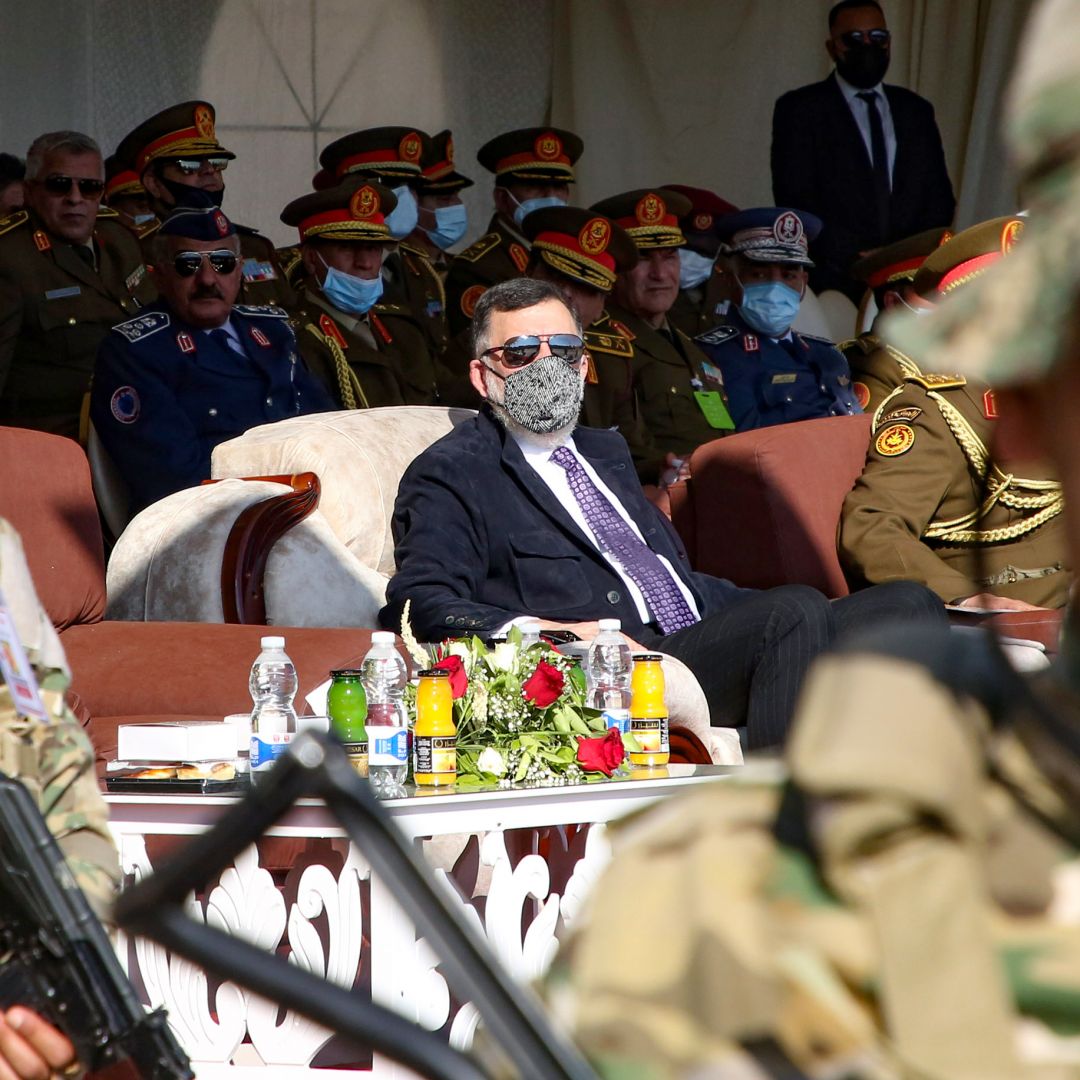
AssessmentsJan 28, 2021
As Libya's Peace Process Reaches a Critical Stage, Spoilers Line up
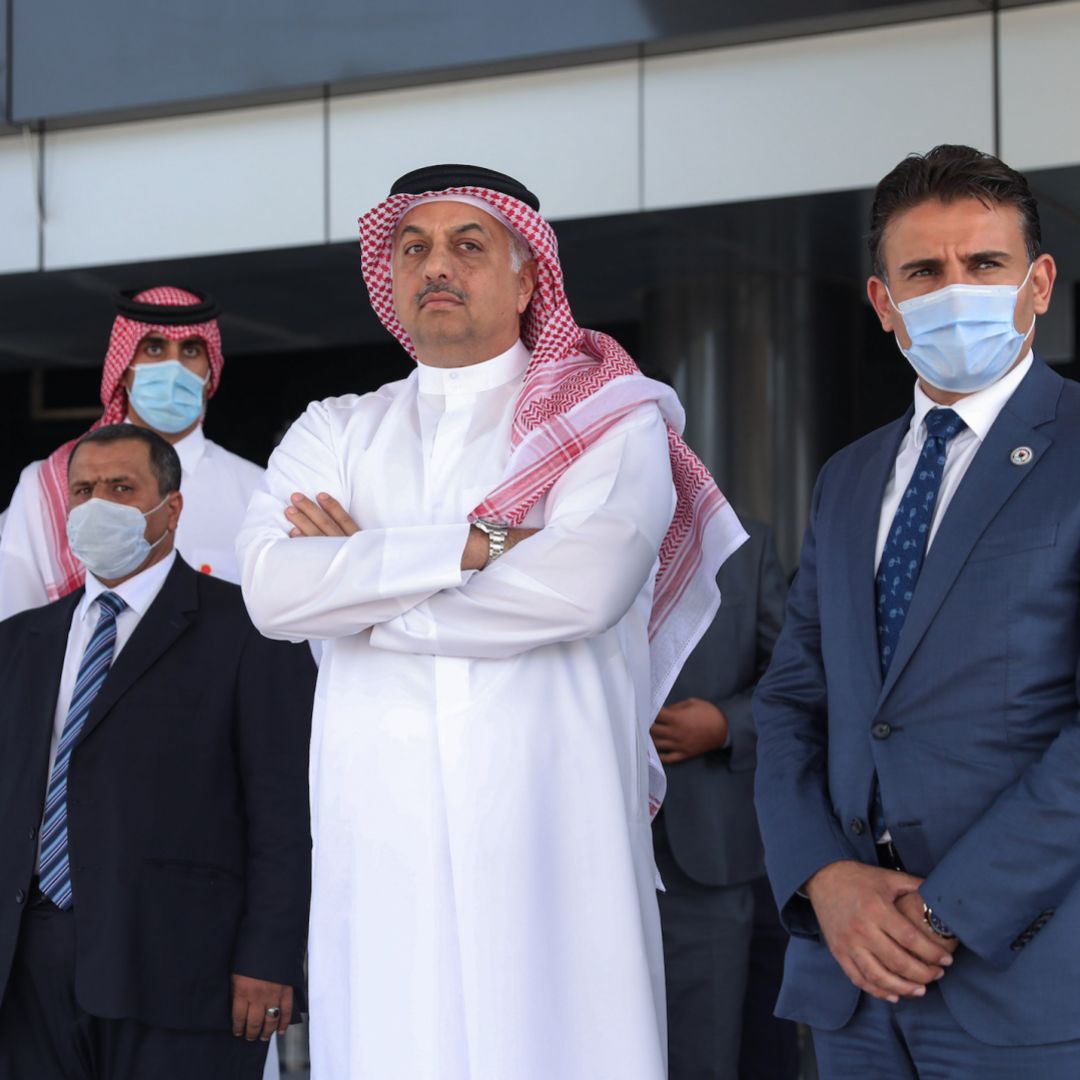
SnapshotsDec 18, 2020
A Potential Breakthrough in Qatar Paves the Way for GCC Reconciliation
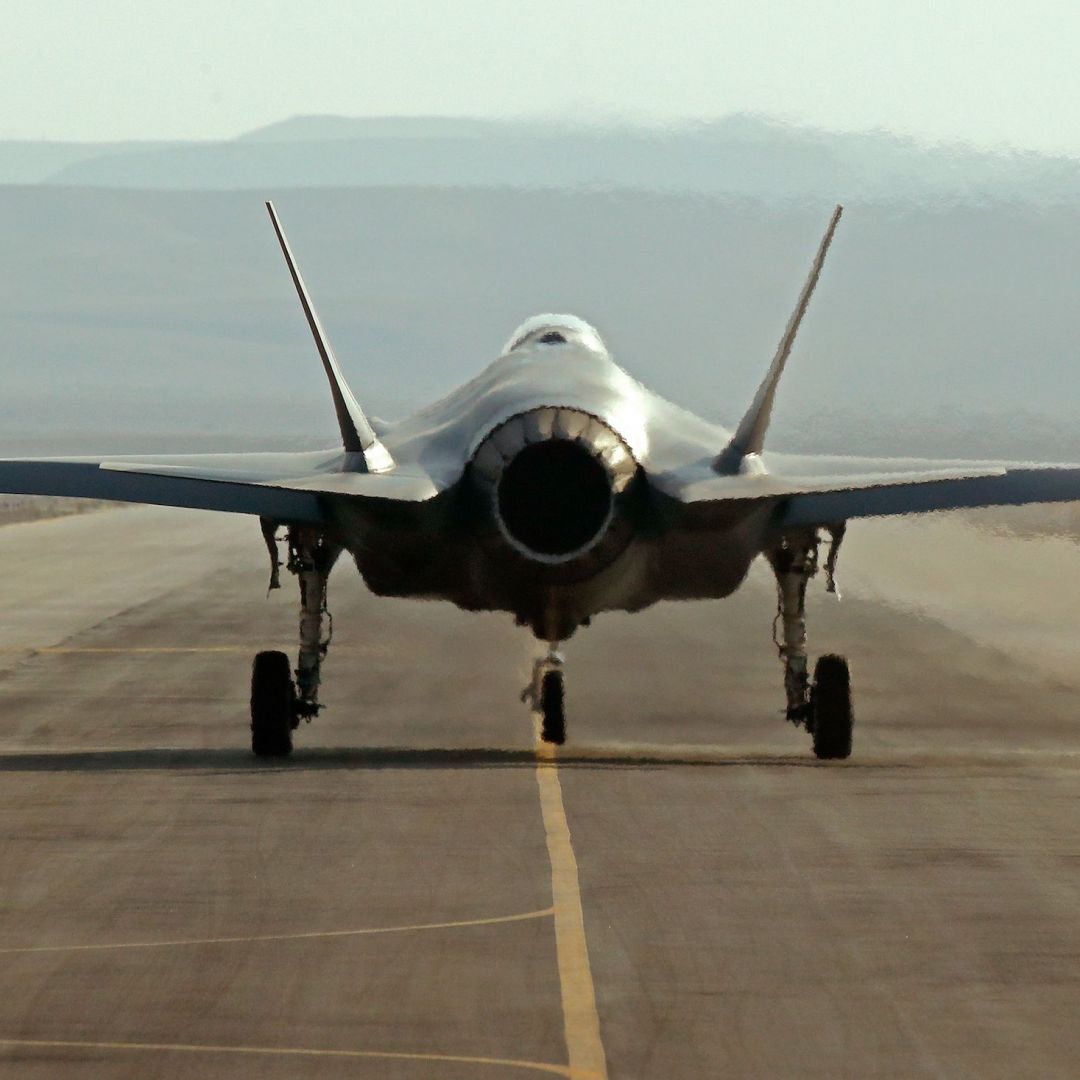
SnapshotsDec 11, 2020
After Surviving a Senate Vote, the U.S.-UAE Arms Deal Faces a New White House

AssessmentsNov 25, 2020
OPEC+ Production Cuts Meet Another COVID-19 Reality Check
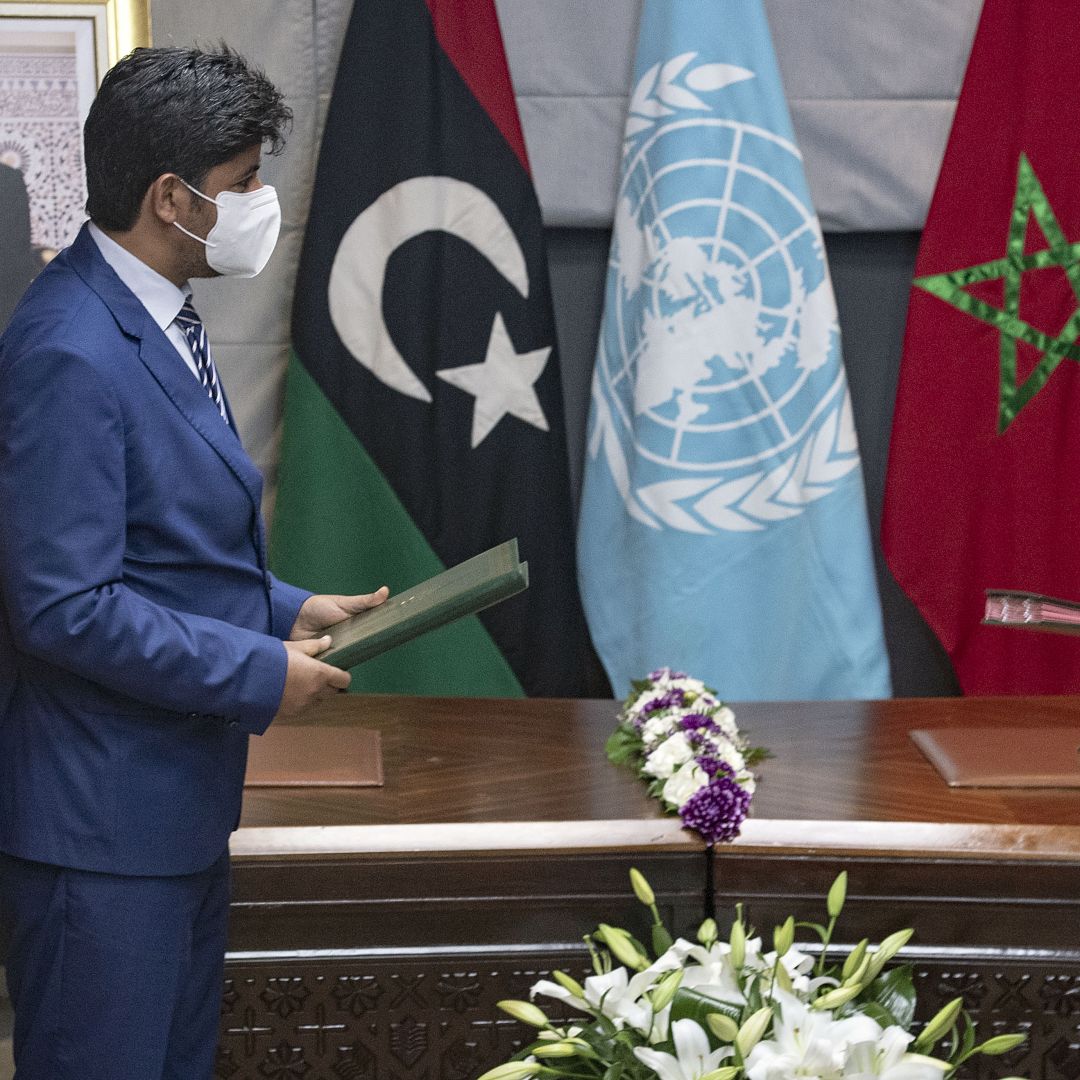
AssessmentsNov 3, 2020
The Promise and Peril of Libya’s New Cease-Fire
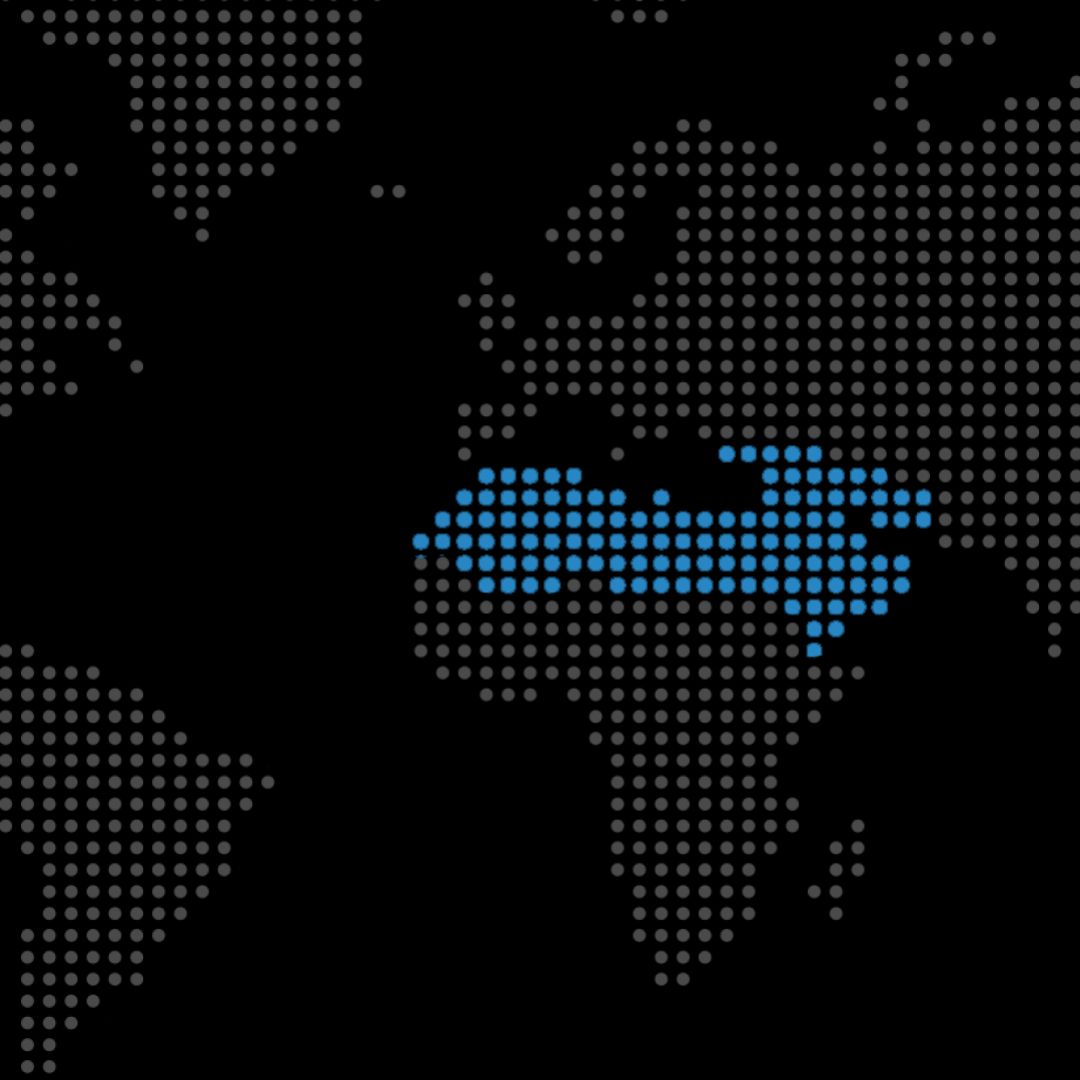
SnapshotsAug 26, 2020
Despite a Rocky Start, UAE-Israeli Defense Ties Are Poised to Grow
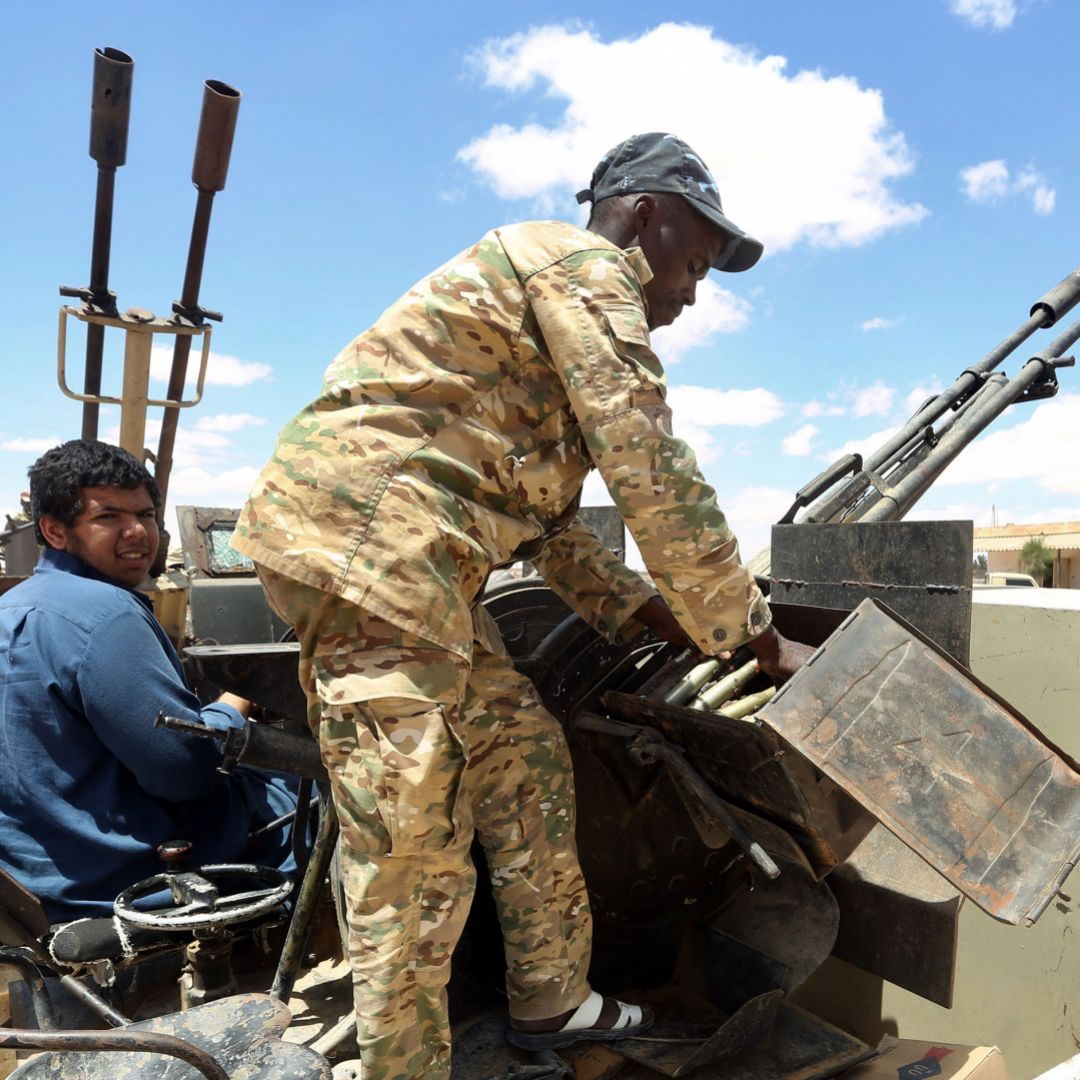
AssessmentsJul 24, 2020
Egypt Readies to Intervene in Libya as Hifter Struggles
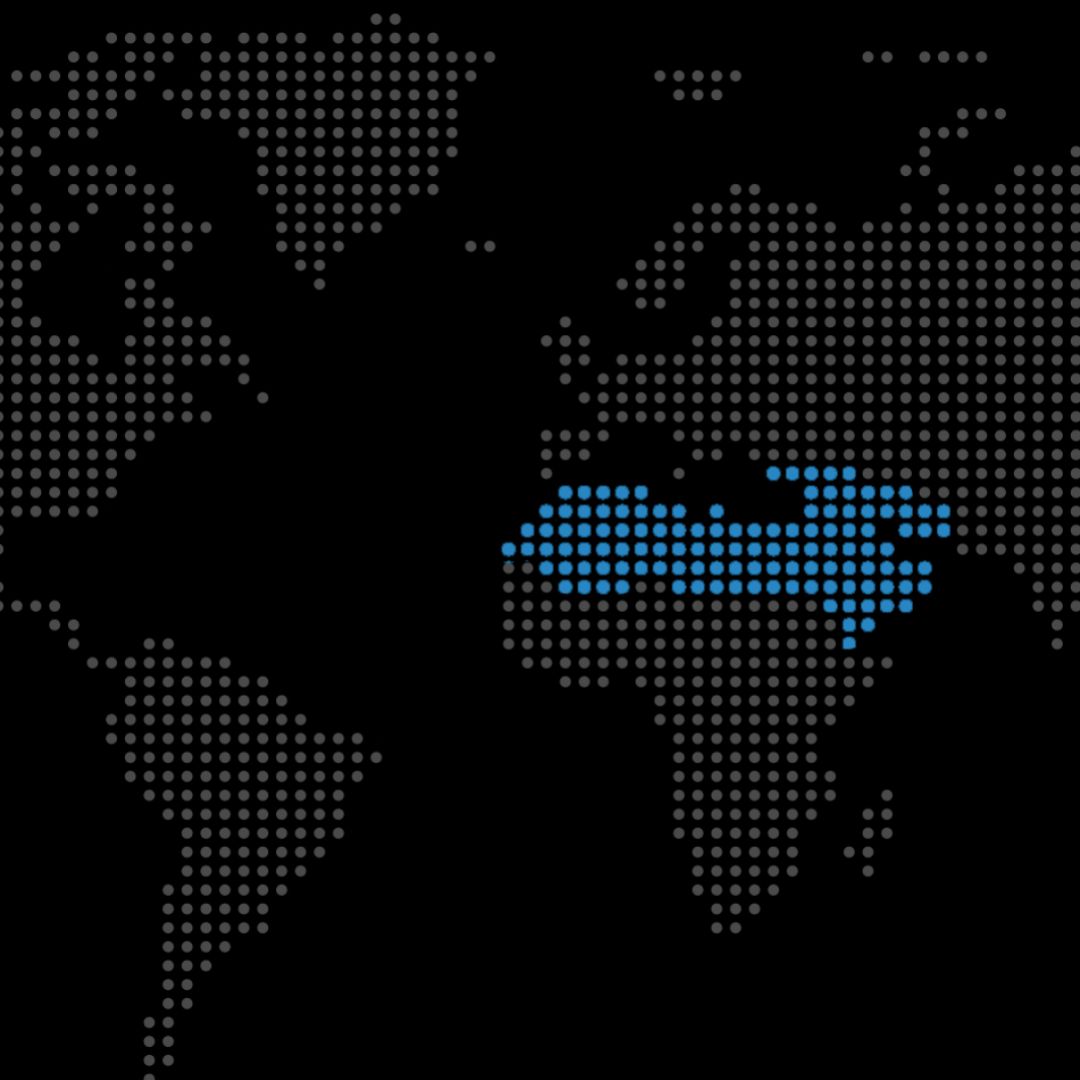
SnapshotsJul 6, 2020
A Proposed Oil Redistribution Plan Risks Further Fracturing Libya

